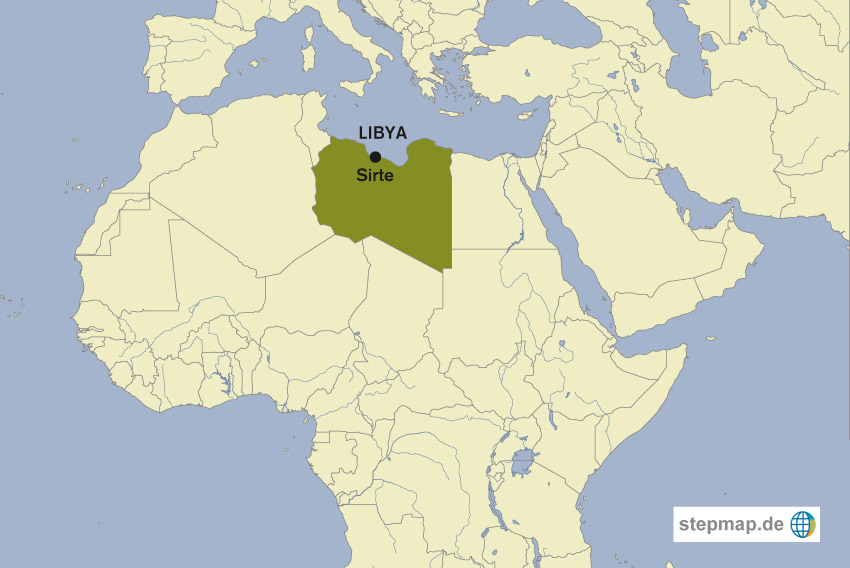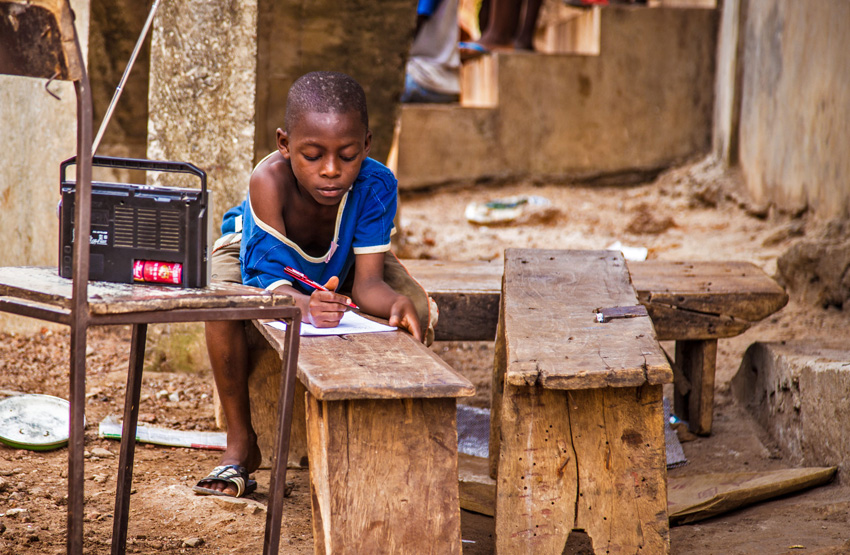Mental health
“Inadequate information causes harm”

Can you briefly explain psychosis and schizophrenia?
Psychosis is a syndrome involving the loss of contact with reality such as hearing voices or seeing things that are not there. False beliefs and suspicions matter too. Psychotic episodes usually first occur between the ages of 15 and 25 years. They can be caused by dramatic events which include – but are not limited to – loss of relationships, war, abuse, discrimination et cetera. Science does not entirely understand this kind of disorders. We know, however, that schizophrenia is a group of psychotic disorders that affect thinking, behaviour, emotion and the ability to perceive reality. It results from a combination of genetic and non-genetic factors such as injury at birth, hormonal imbalance, viral infection, nutritional deficiency and others.
In Liberia, masses of people were traumatised by violence in the civil war. Does that play a role?
Yes, traumatisation certainly matters. Post-traumatic stress disorder means that unpleasant memories haunt people, for example, but not only, in nightmares. Reliving horrific events again and again causes serious stress, making it hard to concentrate on anything else or blending into depression. Psychotic episodes are possible consequences too. Disasters like the civil war actually have long-lasting impacts on people’s mental health.
To what extent is the health-care system able to treat people who suffer psychotic episodes?
They can be managed both in hospitals and outside hospitals. Care can be offered in non-specialised health centres too. Medical treatment is simple and effective. An important part is the use of pharmaceuticals that calm people down. Patients suffering a psychotic disorder typically cannot sleep. They tend to be very agitated and most difficult to communicate with because their perception of reality is so different. Unfortunately, specialist care is only available in towns in 10 of Liberia’s 15 counties. Our health-care system is not capable of treating all people. Especially in rural areas, it lacks facilities and qualified personnel.
What is the fate or what becomes of people who do not get professional care?
Those who do not get professional care are likely to experience further deterioration of their mental health. Sometimes, they can cause serious harm to their relatives and communities – or to themselves. They are more likely to become suicidal, for instance. Professional care is essential, but after a first episode, relapses are possible. Some Liberians believe that a mental disorder is caused by supernatural powers.
People who are suffering a psychotic episode are an enormous burden to their families and neighbours. The conventional wisdom is that poor communities in low-income countries often simply tie them down or lock them up in a shed until the episode is over. Sometimes exorcism or some kind of magic is tried too.
Well, what alternatives do they have without access to proper health care? The general public lacks knowledge of mental illnesses and especially psychotic disorders. It is very important to raise awareness and improve access to professional medical services. Inadequate information itself causes harm, but adequate social infrastructure is indispensable too. Liberia has nearly 5 million people, but only one home for mentally ill people. It is located in Monrovia, the capital city, and it accommodates patients with many different conditions, including substance abuse, anxiety, depression, epilepsy, bipolar and manic disorders, psychosis and schizophrenia. It would be good to raise awareness and build more mental-health facilities. Both would help to change people’s perception of mental disorders.
Selekie M. Tulay Jr. is the psychiatrist who heads the mental-health clinic of the Ganta United Methodist Hospital in Liberia’s Nimba County.
http://gantahospital.com










